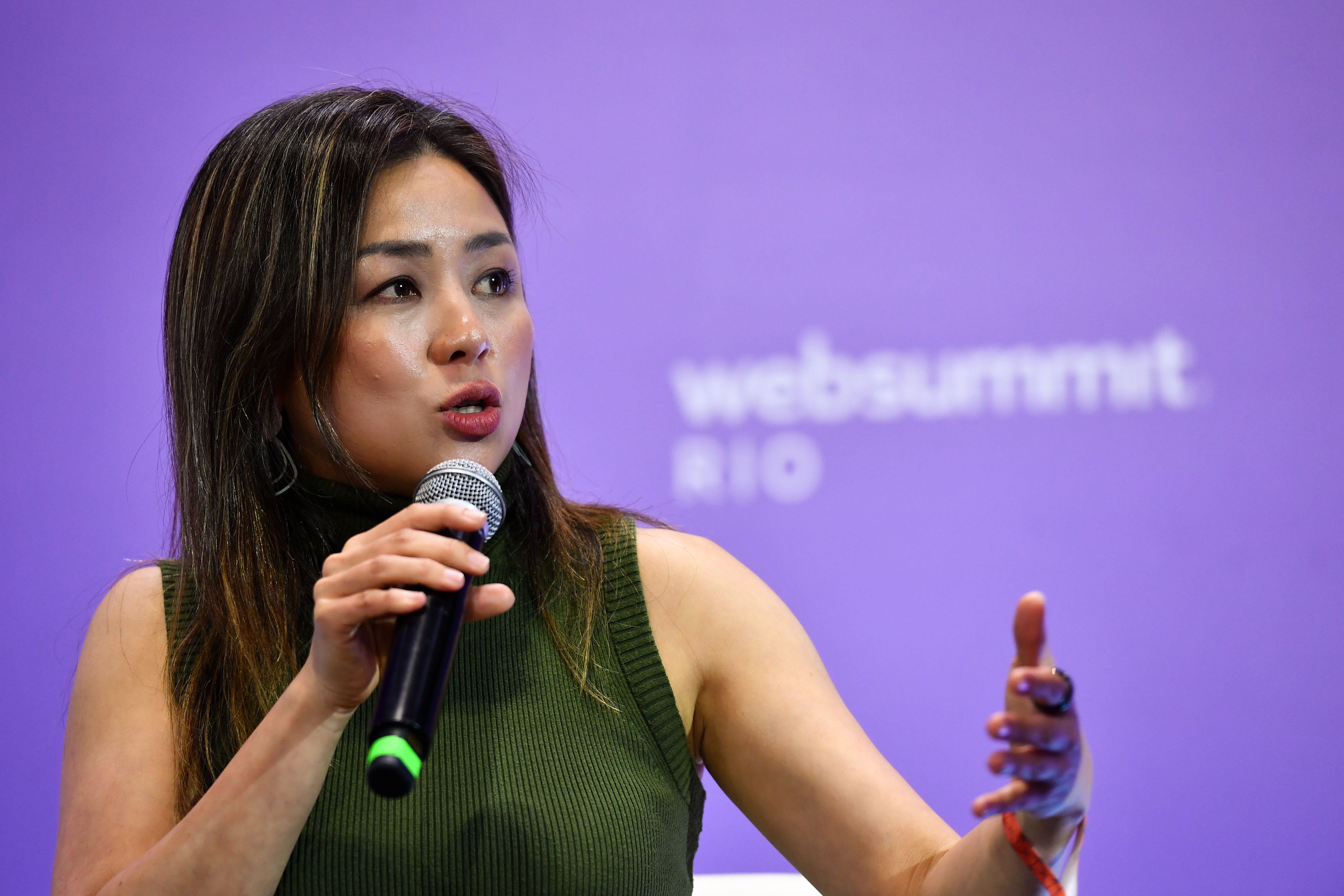Cryptocurrencies hog the spotlight, but blockchain’s biggest innovations are below the surface, saving billions each year for the world’s largest companies.
Edited by Michael del Castillo and Matt Schifrin
Reported by Maria Abreu, Nina Bambysheva, Justin Birnbaum, Lauren Debter, Michael del Castillo, Steven Ehrlich, Chris Helman, Katie Jennings, Jeff Kauflin, Javier Paz, Jon Ponciano, Marie Schulte-Bockum
You’ve come a long way, blockchain! Since our inaugural roundup of the Blockchain 50, published in 2019, the billion-dollar companies (minimum, by sales or market value) on our annual list have moved beyond test projects and now rely on “distributed ledger” technology to do serious work. A lot of the action is in the back office, verifying insurance claims or facilitating real estate deals. It has also become vital to supply chains, whether checking the provenance of conflict minerals like cobalt or tracking auto parts for Renault. Nearly half of the Blockchain 50 are based outside the United States; 14% are Chinese. New this year: venture capital firms, which as a group invested more than $32 billion in the sector in 2021.
Cryptocurrencies like bitcoin and ether grab all the headlines, especially after booming last year and then losing more than $1 trillion in value since November. But in many ways, speculative cryptocurrencies are the least intriguing blockchain application. The most lasting impact will come as more and more multinationals integrate blockchains into their daily operations, unleashing untold efficiencies.
2022 Forbes Blockchain 50: A Closer Look
Five Social Networks Defending Against Blockchain Disruption
How Crypto’s Original Bubble Boy Is Pulling The Strings Of The Defi Boom
DAOs Aren’t A Fad—They’re A Platform
Adobe
SAN JOSE, CALIFORNIA
In October 2021, the company that makes Photoshop and the keeper of the PDF format launched Content Attribution, which lets creators export their images directly to certain nonfungible-token (NFT) exchanges: KnownOrigin, OpenSea, Rarible and SuperRare. The feature lets artists protect their work against fraudulent claims by irrefutably proving their provenance before “minting” them as NFTs ready for auction. The service will eventually be available to all of Adobe’s 20 million Creative Cloud subscribers.
BLOCKCHAIN PLATFORM: Ethereum
KEY LEADER: Will Allen, VP at Adobe overseeing its Content Authenticity Initiative
Allianz
MUNICH, GERMANY
The insurance giant ($164 billion, 12-month sales) uses blockchain to streamline cross-border auto insurance claims in Europe. Different teams and incompatible databases used to mean lots of back-and-forth emails. Claims could take months to settle. Now there’s a single source record of each claim. Processing time has been reduced to minutes, and costs have fallen 10%. So far it’s being used by 25 Allianz subsidiaries to settle 850,000 claims.
BLOCKCHAIN PLATFORMS: Hyperledger Fabric,…
Read More: www.forbes.com









 Bitcoin
Bitcoin  Ethereum
Ethereum  XRP
XRP  Tether
Tether  Solana
Solana  Dogecoin
Dogecoin  USDC
USDC  Cardano
Cardano  Lido Staked Ether
Lido Staked Ether  TRON
TRON  Avalanche
Avalanche  Sui
Sui  Wrapped stETH
Wrapped stETH  Chainlink
Chainlink  Toncoin
Toncoin  Shiba Inu
Shiba Inu  Stellar
Stellar  Wrapped Bitcoin
Wrapped Bitcoin  Polkadot
Polkadot  Hedera
Hedera  WETH
WETH  Bitcoin Cash
Bitcoin Cash  Uniswap
Uniswap  Pepe
Pepe  LEO Token
LEO Token  Hyperliquid
Hyperliquid  Litecoin
Litecoin  Wrapped eETH
Wrapped eETH  NEAR Protocol
NEAR Protocol  Internet Computer
Internet Computer  Ethena USDe
Ethena USDe  USDS
USDS  Aptos
Aptos  Aave
Aave  Mantle
Mantle  Bittensor
Bittensor  Virtuals Protocol
Virtuals Protocol  POL (ex-MATIC)
POL (ex-MATIC)  Cronos
Cronos  Ethereum Classic
Ethereum Classic  Render
Render  Artificial Superintelligence Alliance
Artificial Superintelligence Alliance  MANTRA
MANTRA  Arbitrum
Arbitrum  Tokenize Xchange
Tokenize Xchange  Ethena
Ethena  WhiteBIT Coin
WhiteBIT Coin